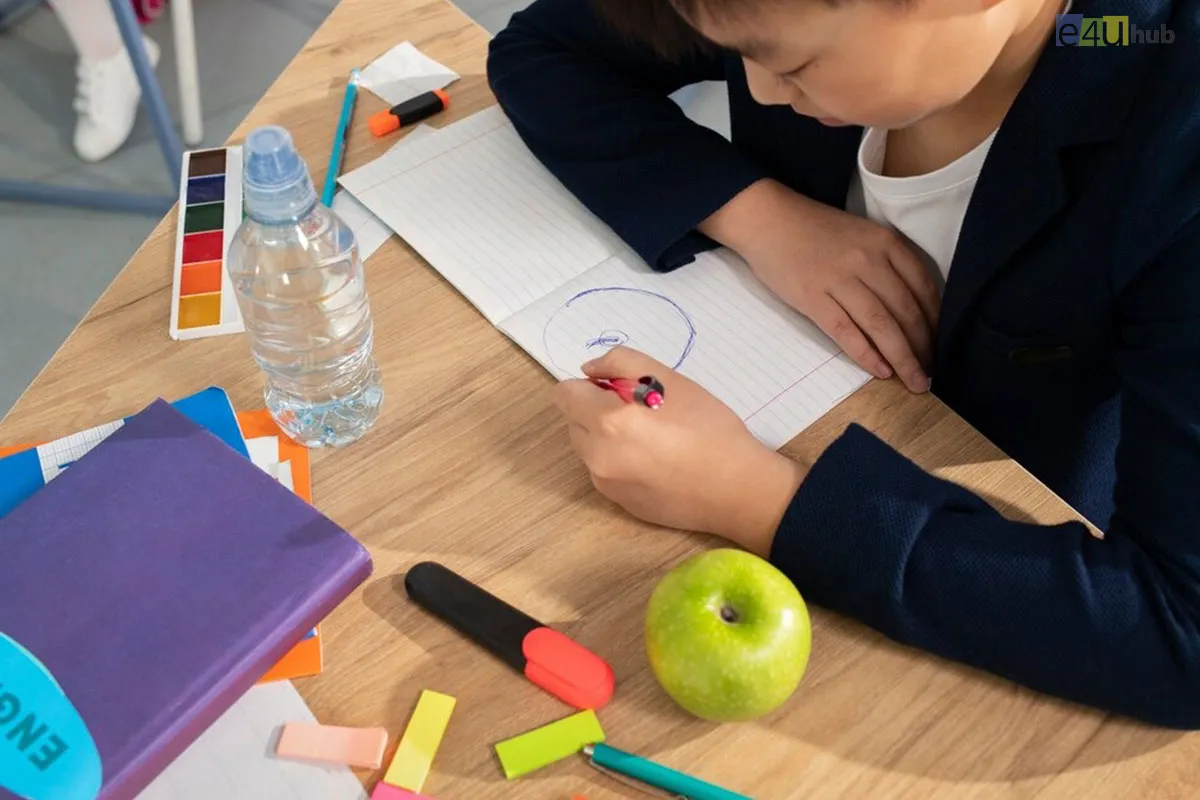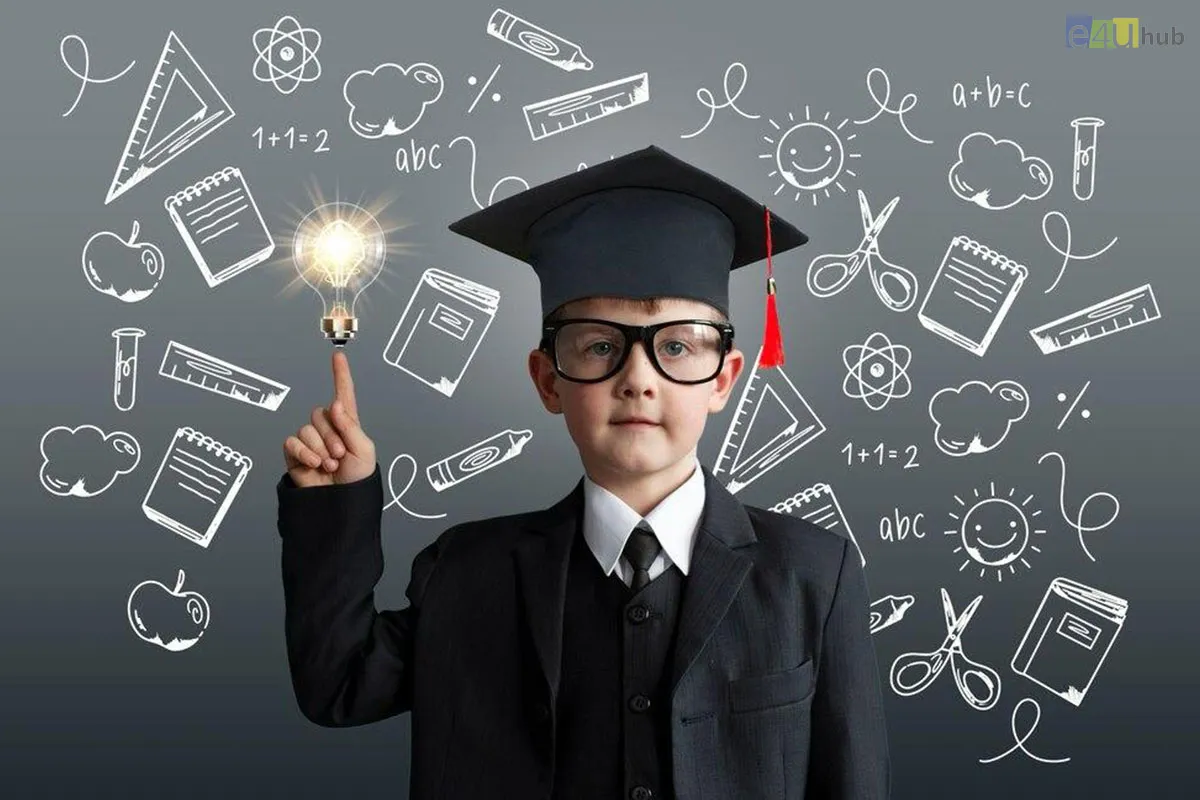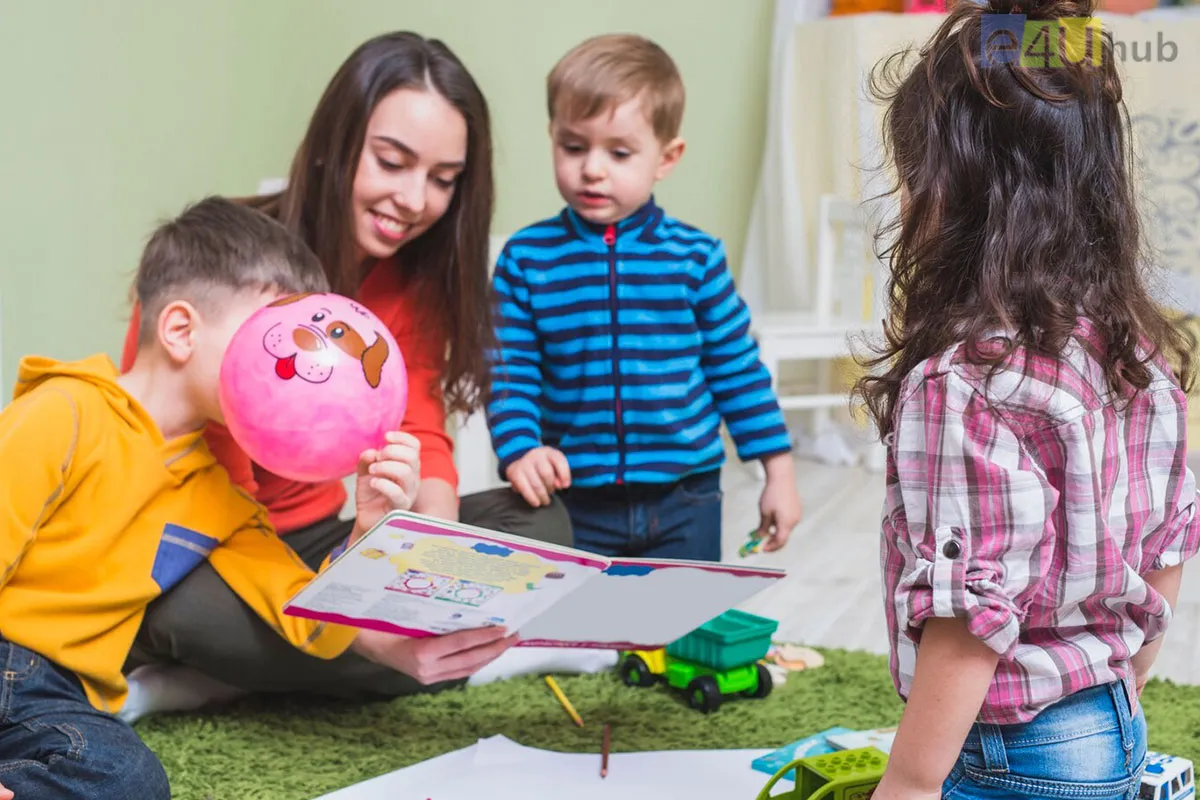
Beyond Grades: Rethinking Assessment Methods In Education
- 13 Mar, 2024
- Education
- 933 Views
- 0 Comments
In traditional educational systems, grades have long been the primary means of assessing student learning and achievement. However, as educators and researchers continue to explore innovative approaches to teaching and learning, there is growing recognition that grades alone may not provide a comprehensive picture of students' abilities, skills, and potential. In this blog post, we'll explore the limitations of traditional grading systems and discuss alternative assessment methods that offer a more holistic and equitable approach to evaluating student progress and success.
1. The Limitations of Traditional Grading Systems:
Traditional grading systems typically rely on numerical or letter-based assessments to measure students' performance on assignments, exams, and other academic tasks. While grades can offer some insight into students' knowledge and understanding of course material, they often fail to capture the full range of their abilities and learning experiences. Here are some key limitations of traditional grading systems:
2. Focus on Memorization:
Traditional grading systems often prioritize rote memorization and regurgitation of facts over critical thinking, creativity, and problem-solving skills. This can discourage students from engaging deeply with course material and limit their ability to apply what they've learned in real-world contexts.
3. One-Size-Fits-All Approach:
Grades tend to treat all students the same, regardless of their learning styles, backgrounds, and strengths. This can lead to unfair comparisons and disparities in achievement, as students with different abilities and needs are evaluated using the same criteria.
4. Limited Feedback:
Grades provide a final assessment of student performance but offer little in the way of constructive feedback for improvement. Without meaningful feedback, students may struggle to identify areas where they need to focus their efforts and may become disengaged from the learning process.
5. Alternative Assessment Methods:
To address the limitations of traditional grading systems and provide a more holistic approach to assessing student learning, educators are exploring alternative assessment methods that focus on student growth, mastery, and authentic demonstration of skills. Here are some examples of alternative assessment methods that are gaining popularity in education:
6. Performance-Based Assessment:
Performance-based assessments evaluate students' ability to apply knowledge and skills to real-world tasks and scenarios. Examples include presentations, projects, portfolios, and performance tasks that require students to demonstrate their understanding in practical contexts.
Rather than assigning grades, educators can use rubrics and descriptive feedback to provide detailed evaluations of student work based on specific criteria and learning objectives. This approach encourages students to focus on the process of learning and improvement rather than solely on the outcome.
8. Self-Assessment and Peer Evaluation:
Empowering students to assess their learning progress and provide feedback to their peers promotes metacognition and collaboration. By reflecting on their strengths and areas for growth, students develop a deeper understanding of their learning process and take ownership of their academic journey.
9. Authentic Assessments:
Authentic assessments are designed to mirror real-world challenges and tasks, allowing students to demonstrate their knowledge and skills in meaningful contexts. Examples include simulations, case studies, and problem-based learning activities that require critical thinking, creativity, and collaboration.
Conclusion:
As educators strive to create inclusive and equitable learning environments, rethinking assessment methods is essential to ensure that all students have the opportunity to succeed and thrive. By moving beyond traditional grading systems and embracing alternative assessment methods that focus on growth, mastery, and authentic demonstration of skills, educators can better support student learning and foster a culture of continuous improvement. So let's challenge the status quo, think outside the box, and pave the way for a more holistic approach to assessment that honors the diverse talents and abilities of every student.














Leave a Reply